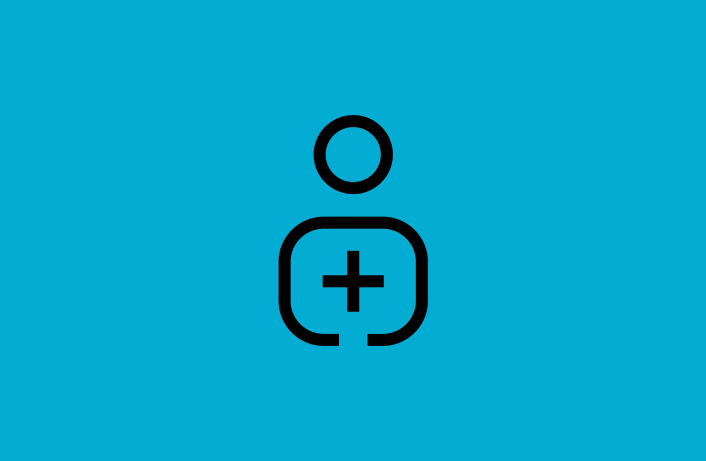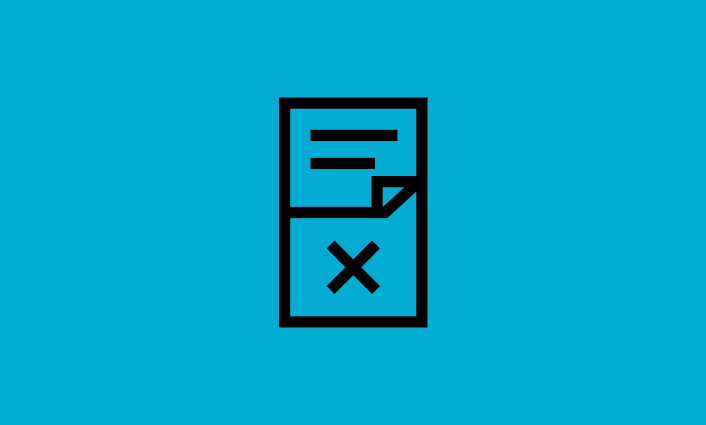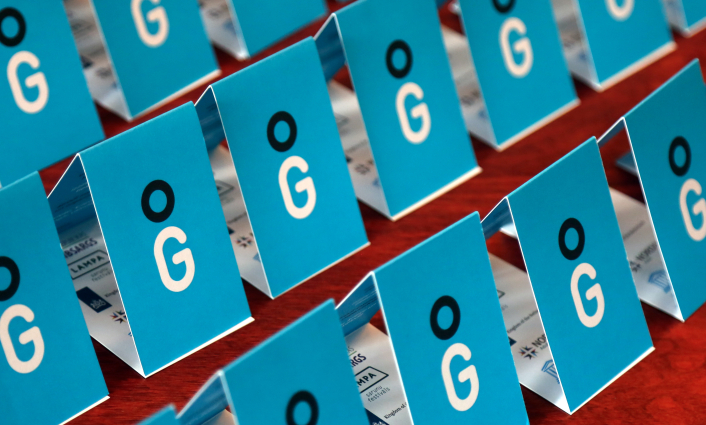
The Human Rights Guide is a free online platform for human rights education and self-help. It aims to help people understand human rights in different situations by explaining them through themes. The Guide not only helps people to learn about human rights and understand their basic issues, but also to assess whether a possible human rights violation has occurred and what to do about it. The Guide is also aimed at professional users whose work involves the application of human rights. It also serves as an aid to human rights learning for students and human rights trainers.
A new theme on Health has been added to the Guide. This theme will help with finding out how different actions can interfere with and violate your human right to health and to whom you should complain in such situations. With this knowledge, people can feel more confident when making decisions concerning their health and being able to identify possible violations of rights. This theme will be extended with more sections over time.
The new theme explains the meaning of the concept of “health” and what the right to health is, how it is protected by the State and how it can be exercised by different social groups. The new theme also explains what rights patients have, such as the patient’s informed consent, privacy, the right to choose medical treatment, etc.
The human rights restrictions topic includes the following sections:
- What is health?
- Patient rights
- Short term care
- Mental health care
- Right to health
- Acute care
- Vaccination
- Medicines
The Human Rights Guide also covers topics such as freedom of expression and media, fair trial, and other themes on topical issues. The Guide also provides information on institutions and organisations that protect human rights in Latvia and Europe, explaining in particular how individuals can turn to them for help.
The Human Rights Guide is produced by the non-governmental organisation Baltic Human Rights Society in cooperation with partner organisations. It is financially supported by the Nordic Council of Ministers' Nordplus Education Programme, the European Union's Erasmus+ Programme and the Active Citizens Fund, and has been granted the patronage of the Ombudsman of the Republic of Latvia and the Latvian National Commission for UNESCO.


